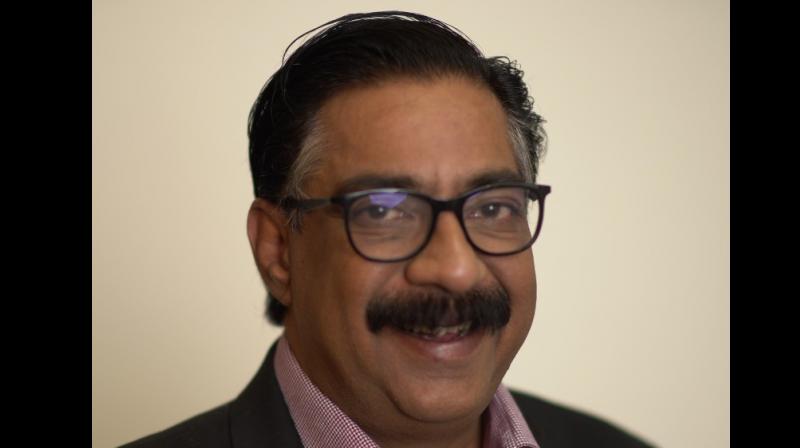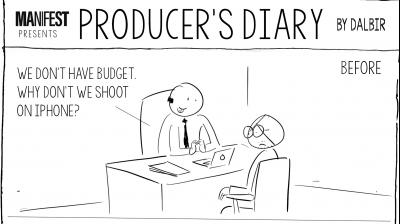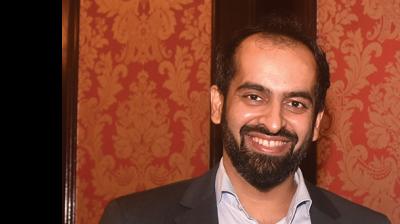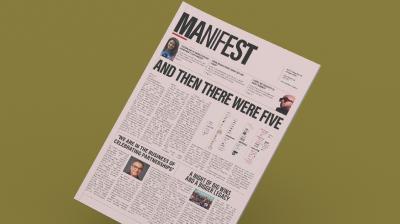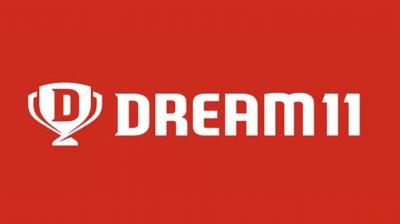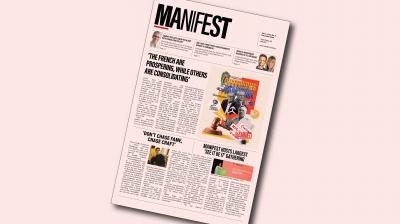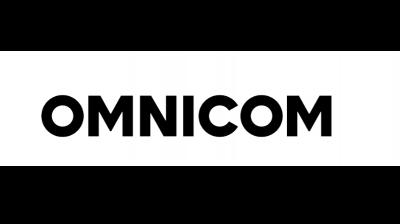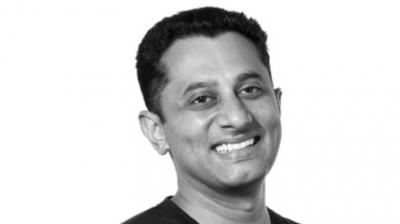Well, this is an interesting one. For decades, my world was built on instinct, on late-night brainstorms fuelled by bad coffee, on the raw, unfiltered brilliance of human minds colliding. We carved our legacies with sharp pencils and even sharper insights. We believed the magic lay in the unquantifiable—the gut feeling, the cultural zeitgeist, the single-minded focus of a team dedicated to a brand’s soul.
And then, this thing called AI walked into the room.
My first thought, I'll admit, was a healthy dose of scepticism, maybe even a touch of outright dismissal. 'A machine,' I thought, 'can't understand the nuances of human emotion. It can't feel the weight of a brand’s history or the silent hope in a consumer’s heart.'
It felt like a threat to the very core of what I believed in. The craft. The art. The soul.
But being a veteran isn't just about clinging to what worked yesterday. It's about having the humility to learn, the courage to adapt, and the hunger to find the next big idea, no matter where it comes from. So, I started playing. I’ve spent the last few months diving headfirst into this new world, and I’m here to tell you, the reality is far more complex, and frankly, a thousand times more exciting than my initial prejudice allowed.
I’m approaching this with the same rigour I’d apply to a client brief. I'm not just observing; I'm constantly challenging it, poking at its boundaries, and pushing it to break. And what I've discovered is that AI isn't here to replace the artist. It's here to give us an entirely new set of brushes, paints, and canvases.
The old world of advertising was a linear one. We had a brief, a team, and a timeline. The creative process was a journey with a few major stops: research, ideation, and execution. Today, AI is turning that journey into a dynamic, multi-dimensional playground.
Take, for instance, a brand like Heinz. Its 'Draw Ketchup' campaign was a masterclass in proving brand love. They asked people to draw ketchup, and almost everyone drew the iconic Heinz bottle. It was a brilliant human insight. But now, what if AI could have amplified that? What if an AI model had been trained on a massive dataset of pop culture, social media images, and consumer sentiment to predict that the 'Heinz' shape was so ingrained in our collective subconscious? This could have been the unassailable, data-driven foundation for that human insight, giving the creative team a launchpad that was both emotionally powerful and statistically undeniable. It’s about using AI not to generate the idea, but to give the human idea an unshakeable backbone.
Across the globe, I see brands using this new toolkit not just for efficiency, but for creative exploration. In Japan, Shiseido used AI to analyse consumer skin data and create personalised beauty regimens. But they didn't stop there. They used it to inform new product development, creating a feedback loop between individual consumer needs and mass-market innovation. The AI isn't just a data cruncher; it's a co-creator, helping to build products that are truly born from the desires of millions.
Then there's the power of personalisation at scale. We’ve always talked about one-to-one marketing, but it was a pipe dream. Now, it's becoming a reality. The German automotive giant BMW partnered with a tech company to create an AI-powered campaign that served up hyper-personalised video ads. The AI analysed viewer data to swap out car colours, camera angles, and even the music in the ad to perfectly match the taste of the individual watching. This wasn't just a gimmick; it was an acknowledgement that every customer is on a different journey, and that true brand loyalty is built on being seen and understood.
And what about the biggest challenge of our time: the shrinking attention span? We’ve all felt it. The fight for a few seconds of a consumer’s time is a war of attrition. But what if AI could help us win that war not with more noise, but with more signal?
The Indian e-commerce giant Flipkart has been at the forefront of this. During their major sale events, they used AI to craft millions of different, personalised ad creatives in real-time. This wasn't about a single ad going viral; it was about countless, micro-viral moments happening simultaneously, all tailored to an individual’s shopping habits. The AI acts as a nimble, tireless creative partner, ensuring that the right message reaches the right person at the right time, with an unprecedented level of creative variation.
I’m also fascinated by how this technology is being used to democratise creativity itself. The creative industry has long been seen as an exclusive club. AI is tearing down those walls. Start-ups with limited budgets can now generate high-quality visuals, copy, and even video concepts that would have been financially impossible just a few years ago. The brand storytellers of tomorrow aren't just going to be from Madison Avenue; they're going to be from every corner of the world, empowered by tools that were once only available to the biggest players.
This journey has taught me a profound lesson: The creative director of the future isn't the one who can generate a brilliant idea out of thin air. It’s the one who can write the most insightful, strategic, and human brief for the AI. It's about asking the right questions, not just finding the right answers. The human role shifts from being the sole creator to being the master curator, the visionary, the one who guides the machine with a steady hand and a clear purpose.
So, am I worried about the future? Not at all. I’m energised by it. We are not just building ads anymore; we are building new ways to think, new ways to connect, and new ways to tell stories. The blank page is no longer just a challenge; it's an invitation to a conversation with an infinitely curious partner.
And that, to me, is the ultimate creative thrill. The game has changed. The rules are being rewritten. The magic is still there, but now, it’s infused with a new kind of power.
So, here's my provocation to all the veterans and the young guns alike: If we’re not using AI to make our creative work better, more efficient, and more human, are we truly leading, or are we just clinging to the ghosts of our past successes?
The author is founder, AMP Advisory, and was former executive director, McCann Worldgroup India.

.jpg)
